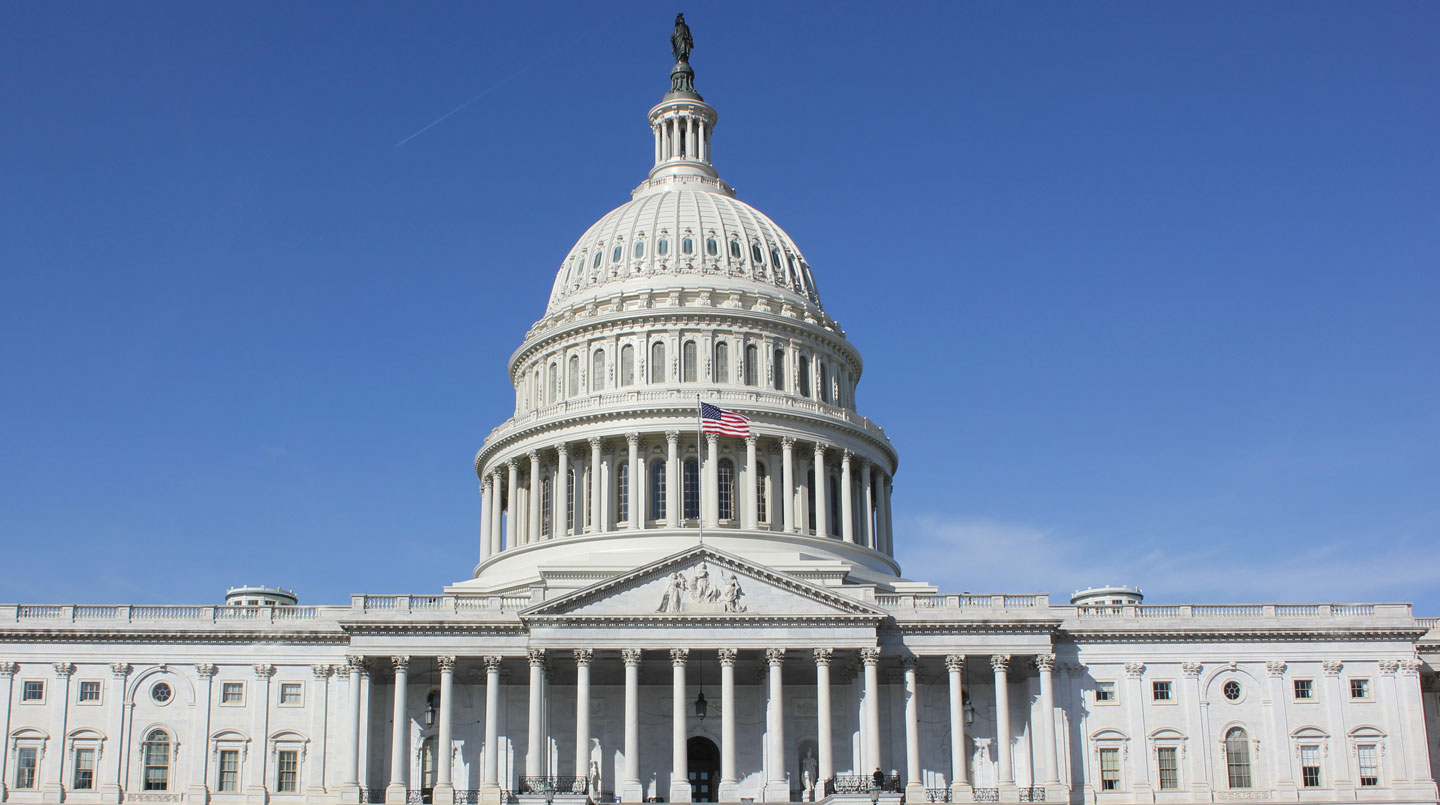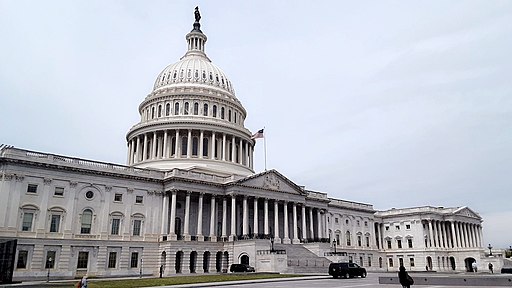Author: Mackenzie Murphy
-
Sen. Joe Manchin registers as an independent

On May 31, 2024, Sen. Joe Manchin announced that he was leaving the Democratic Party and filing as an independent. In a Tweet posted to X, Manchin said “My commitment to do everything I can to bring our country together has led me to register as an independent with no party affiliation.” Manchin announced in…
-
62 people filed for federal and statewide offices last week

Sixty-two people declared candidacies for federal or statewide offices in the past week, 42 fewer than last week. All of these candidates declared before their state’s official filing deadline. Forty-three of those candidates are Democratic, while 17 are Republican. Two are minor-party candidates. Ten candidates are running for Congress, 51 for state legislatures, and one…
-
104 candidates filed for congressional and statewide offices last week

One-hundred-four people declared candidacies for congressional or statewide offices in the past week, nine fewer than last week. All of these candidates declared before their state’s official filing deadline. Forty-two of those candidates were Democratic, while 57 were Republican. Five declared candidacies for minor or third parties. Thirty-five candidates are running for Congress and 69…
-
92 candidates filed for congressional and statewide offices last week

Ninety-two people declared candidacies for congressional or statewide offices in the past week, 67 fewer than last week. All of these candidates declared before their state’s official filing deadline. Thirty-five of those candidates were Democratic, while 57 were Republican. Fifty-three candidates are running for Congress, 38 for state legislatures, and one for governorship. Since the…
-
159 candidates filed for congressional and statewide offices last week

One hundred fifty-nine people declared candidacies for congressional or statewide offices in the past week, 67 more than last week. All of these candidates declared before their state’s official filing deadline. Fifty-seven of those candidates were Democratic, while 97 were Republican. Five are minor-party candidates or running in nonpartisan races. Thirty-nine candidates are running for…
-
92 candidates filed for congressional and statewide offices last week

Ninety-two people declared candidacies for congressional or statewide offices in the past week, 12 more than last week. All of these candidates declared before their state’s official filing deadline. Thirty-seven of those candidates were Democratic, while 49 were Republican. Six are minor-party candidates or running in nonpartisan races. Thirty-six candidates are running for Congress, 52…
-
80 candidates filed for congressional and statewide offices last week

Eighty people declared candidacies for congressional or statewide offices in the past week, 25 fewer than last week. All of these candidates declared before their state’s official filing deadline. Thirty-three of those candidates were Democratic, while 45 were Republican. Two are minor-party candidates or running in nonpartisan races. Thirty-two candidates are running for Congress, 44…
-
105 candidates filed for congressional and statewide offices last week

One hundred five people declared candidacies for congressional or statewide offices in the past week, 20 more than last week. All of these candidates declared before their state’s official filing deadline. Fifty-seven of those candidates were Democratic, while 45 were Republican. Three are minor-party candidates or running in nonpartisan races. Forty-eight candidates are running for…
-
85 candidates filed for congressional and statewide offices last week

Eighty-five people declared candidacies for congressional or statewide offices in the past week, 41 more than last week. All of these candidates declared before their state’s official filing deadline. Twenty-four of those candidates were Democratic, while 55 were Republican. Six are minor-party candidates or running in nonpartisan races. Fifty-one candidates are running for Congress, 29…
-
44 candidates filed for congressional and statewide offices last week

Forty-four people declared candidacies for congressional or statewide offices in the past week. All of these candidates declared before their state’s official filing deadline. Eighteen of those candidates were Democratic, while 24 were Republican. Two are minor-party candidates. Twenty-one candidates are running for Congress, 21 for state legislatures, one for governorship, and one for a…

